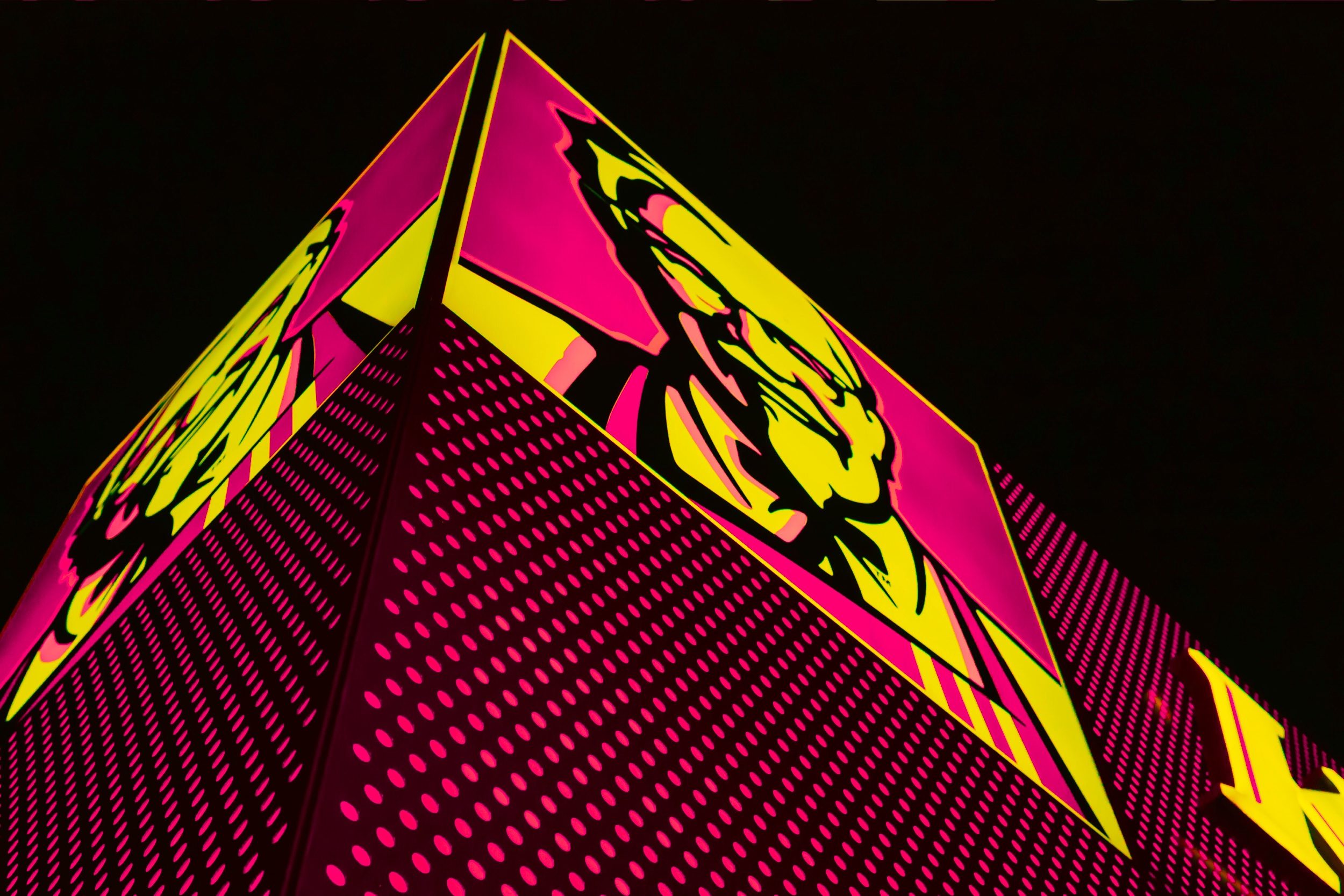Look at digital humans through the lens of a corporation. Digital human influencers are more reliable, trustworthy, and less of a hassle than their flesh-and-blood counterparts. All of their actions are controlled by the organization.
Everything you need to know about Digital Humans
Everything about a digital human can be fabricated – from their personality to their struggles to the way they solve those struggles – all of which are used to build trust and eventually push an agenda. In many ways, they are a marketer’s ideal influencer.
Six months ago when I wrote Everything you need to know about Digital Humans, it was clear to me why companies would circumnavigate the entire talent industry and create their own digital human influencers to promote their products.
One of our Inevitable/Human members, Cathy Hackl, took it a step further and identified the next massive corporate move that would be made with Digital Humans:
Lo and behold, KFC (not Wendy’s, so close Cathy) turned their beloved and distinctly familiar mascot, Colonel Sanders, into a Digital Human that lives on their Instagram:
As Cathy accurately describes, he’s a combination of hustle culture,
KFC just gave legacy consumer brands the keys to improving their social media game – letting their mascot hijack their existing Instagram channel as a digital human. Let’s be honest, most of us who follow consumer brands do so to stay up to date on deals or new menu items/products (unless it’s Wendy’s Twitter which is genuinely funny). For the most part, we’re not exactly that interested in the brands themselves.
However, by putting the mascot figure front and center allowing it to live as a digital human, essentially, the social account becomes a lifestyle account with one massive sponsor. This seems to be an intelligent move considering Instagram accounts centered around people (not companies) do much better:
- National Geographic and Nike are the only two companies to crack the Top 20 most followed Instagram accounts
- Furthermore, only 6 of the Top 50 and 18 of the Top 100 most followed Instagram accounts are companies.
Overall, KFC (as a company account) hit a ceiling of social reach on Instagram. By recentering their Instagram account around a person – real or not – they’re opening up new opportunities for social reach.
That’s why I could see other fast food giants’ mascots – Wendy, The King, and Ronald – also following suit on Instagram since they already exist as “human” mascots. However, even animated mascots we’ve come to love could do the same. The Michelin Man, Pillsbury Dough Boy, Geico Gecko, and Mr. Clean are all lovable characters that people would love to see “brought to life”, doing interesting things in the real world.
Outside of major legacy brands, there’s also ample opportunity for DTC companies such as Bonobos, Casper, Soylent, Harry’s, etc… to develop their own digital human influencers. Many DTC companies have made a living by being extremely engaging on Instagram and other social channels. It might be worthwhile for them to invest in creating digital humans for the next big evolution of the web: the metaverse.
Any effort put towards creating digital humans today is going to pay returns in the next decade with the widespread development of the metaverse, virtual reality, and augmented reality. Creating the digital human equivalents of brand mascots will allow these physical consumer companies to enter the metaverse and engage with their customers in this new domain. It’s a necessary evolution of Tony the Tiger, Jolly Green Giant, Mr. Peanut, and the hundreds of other mascots we know and love.
However, I don’t think it’ll solely be reliant on brands themselves to create their own mascot’s digital human counterparts. Rather, it’ll be a line item on the invoices of advertising agencies and creative consultants worldwide. Ryan and I elaborate on this, in the conversation below:
Also, I find it extremely fascinating that the colonel became a proverbial Instagram influencer in the digitization process
Through April 22, the account also plans to promote partnerships with brands such as TurboTax and Old Spice. Both of those brands work with creative shop Wieden & Kennedy, which has been KFC’s agency for years.
Jessica Wohl, AdAge
So, not only is the colonel brought to life on Instagram, but he’s also making money as a real Instagram Influencer. I never would’ve guessed those in-house digital humans would cross-pollinate with other brands.
If you’re at all interested in digital humans or the metaverse, Cathy Hackl (who runs Developer Marketing at Magic Leap – the augmented reality company) and I are going to be discussing it further on a digital hangout, which you’re invited to on May 22nd at
